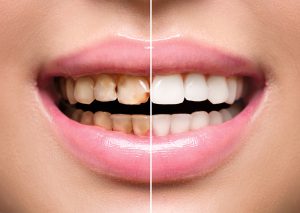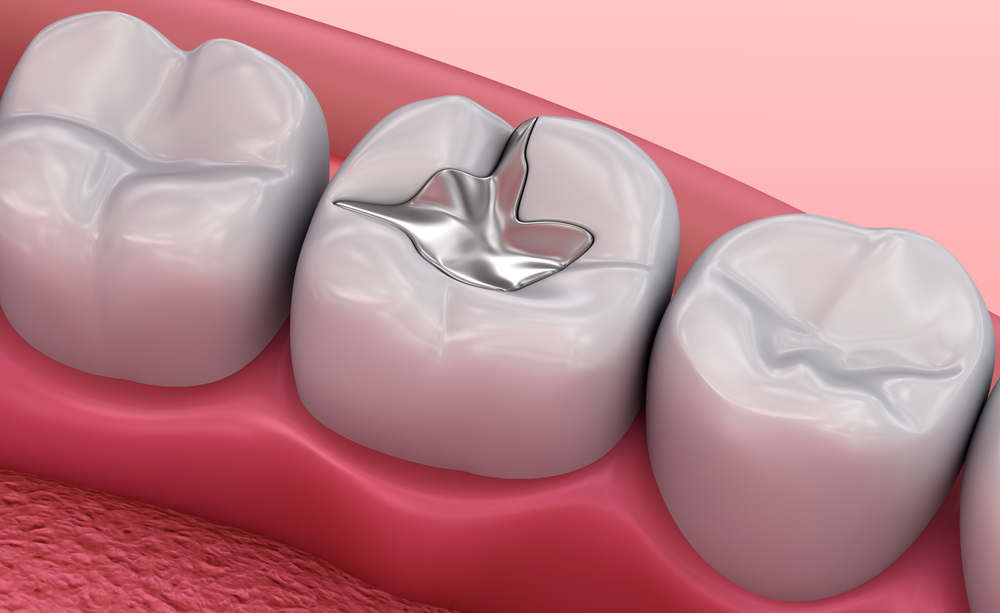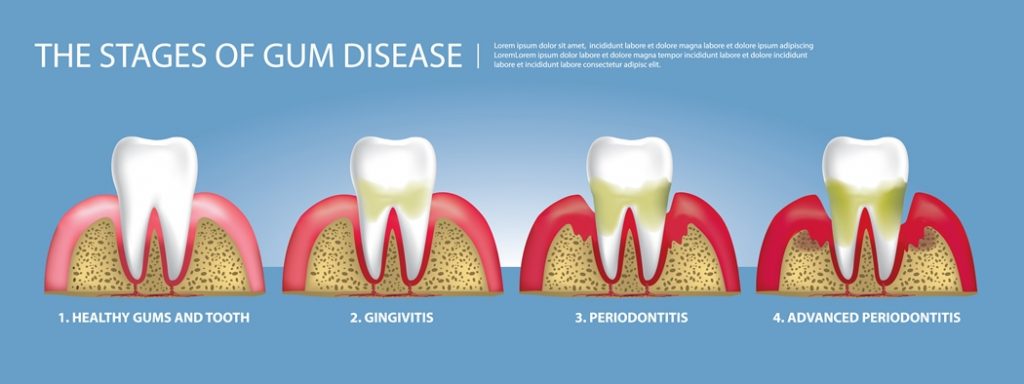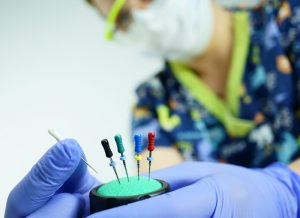People around the world are less worried about suffering from infections or any dental issues in comparison to when they suffer from tooth loss or if their teeth don’t look as white as before, in simple words, modern society is more worried about cosmetic or style, and when it comes to dentistry, there is a great branch that is exclusively focused on improving your smile and cosmetic of your teeth and mouth by performing multiple dental procedures with the purpose of giving you a more stylish look in from of others when you are speaking, giving a speech or even smiling, so if you are interested, stay tuned to learn everything about cosmetic dentistry.
What is Cosmetic Dentistry?
In simple words, if you suffer from stained, broken, or malfunctioning teeth that will put your mouth at the risk of being disfigured, then you should probably go for any treatment that exists under the cosmetic dentistry branch that is exclusively focused on improving every single aspect of your teeth related to your general appearance with the purpose of improving every single aspect of your personal and professional life when you are near others or when meeting important people like bosses or close friends.
With the pass of the years, cosmetic dentistry has been improving at a fast pace and is a fact that everyone wants a better smile and better teeth that will put others to shame, however, to obtain such results, you will need to pass some dental procedures in order to receive the different benefits, and the good thing about this kind of dentistry is the fact that there are lots of procedures to choose depending on your situation! If you need a cosmetic dentist, you can find one over at PGA Dentistry.
For example, there is teeth whitening, dental crowns, dental implants, bonding, and veneer, every single one of them counts with its own benefits and purposes.
Benefits of Cosmetic Dentistry:
Since there are lots of procedures involved in cosmetic dentistry, then there are lots of benefits, however, since they share a single branch of dentistry, they share some benefits in general, and those are the ones that you need to know before applying for any procedure related to the cosmetic side of dentistry, so make sure to check every single one of them:
- First of all, your teeth and mouth will be as stylish and beautiful as ever due to the multiple special tools and resources that will be used during the procedure by the hand of the dentist, so you can expect outstanding results in no time.
- Improving your teeth looks is nothing to be ashamed of since you will be experiencing some good situations when you are giving speeches or talking with people, and more importantly, you will be able to use your smile without any shame.
- Cosmetic dentistry gives better opportunities for those that were not careful with their teeth in their youngest age or for those that have suffered from accidents or major dental issues, after passing from those bad experiences, finally they will be able to recover their smile.
Who is it for Cosmetic Dentistry?
Those that suffered from accidents or issues and had to remove some of their teeth as a result of those experiences, people who were not careful with their dental hygiene at their youngest age, and even elders that have suffered from tooth decay due to their advanced age, however, you could also be part of domestic dentistry, since the simplest procedures like teeth whitening can be applied for technically everyone as part of their checkup or in a monthly basis, so almost everyone will benefit from such impressive dentistry branch, it’s up to you if you want to be part of these procedures.
 ry
ry


